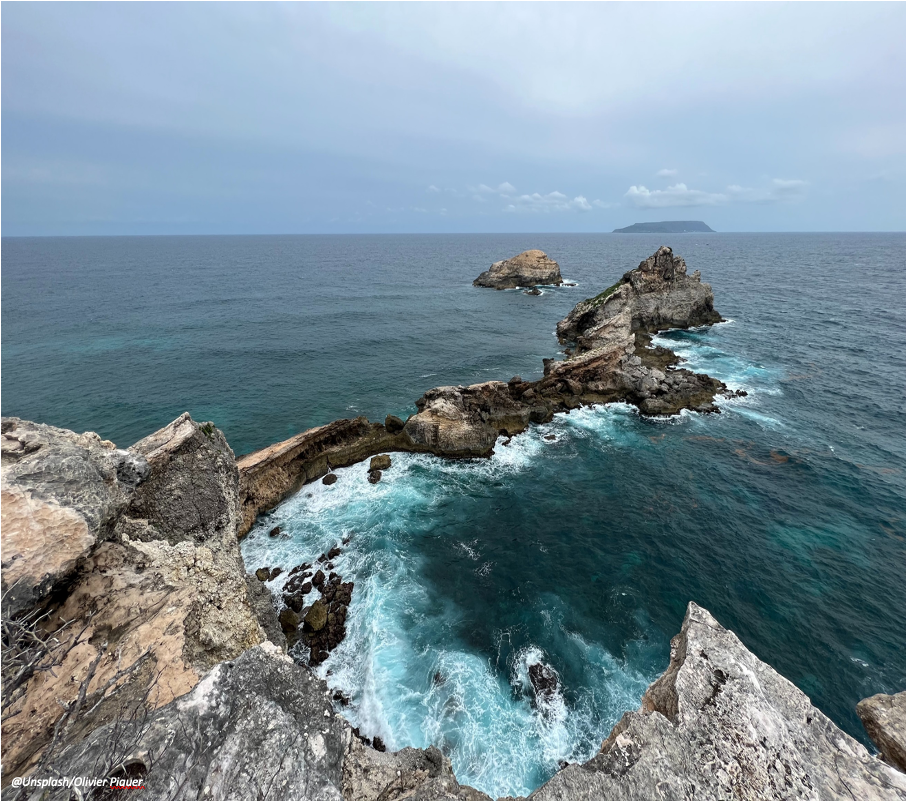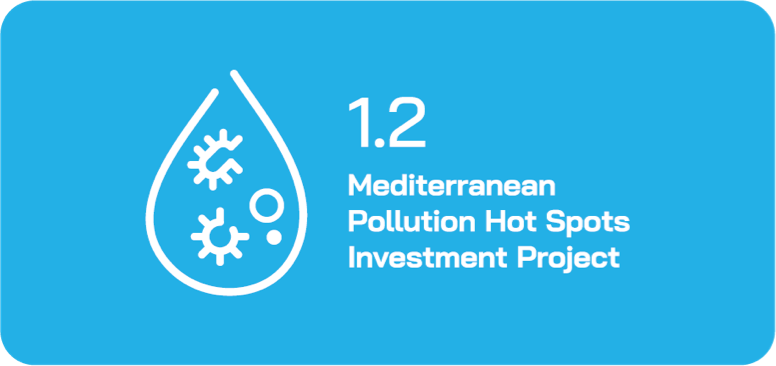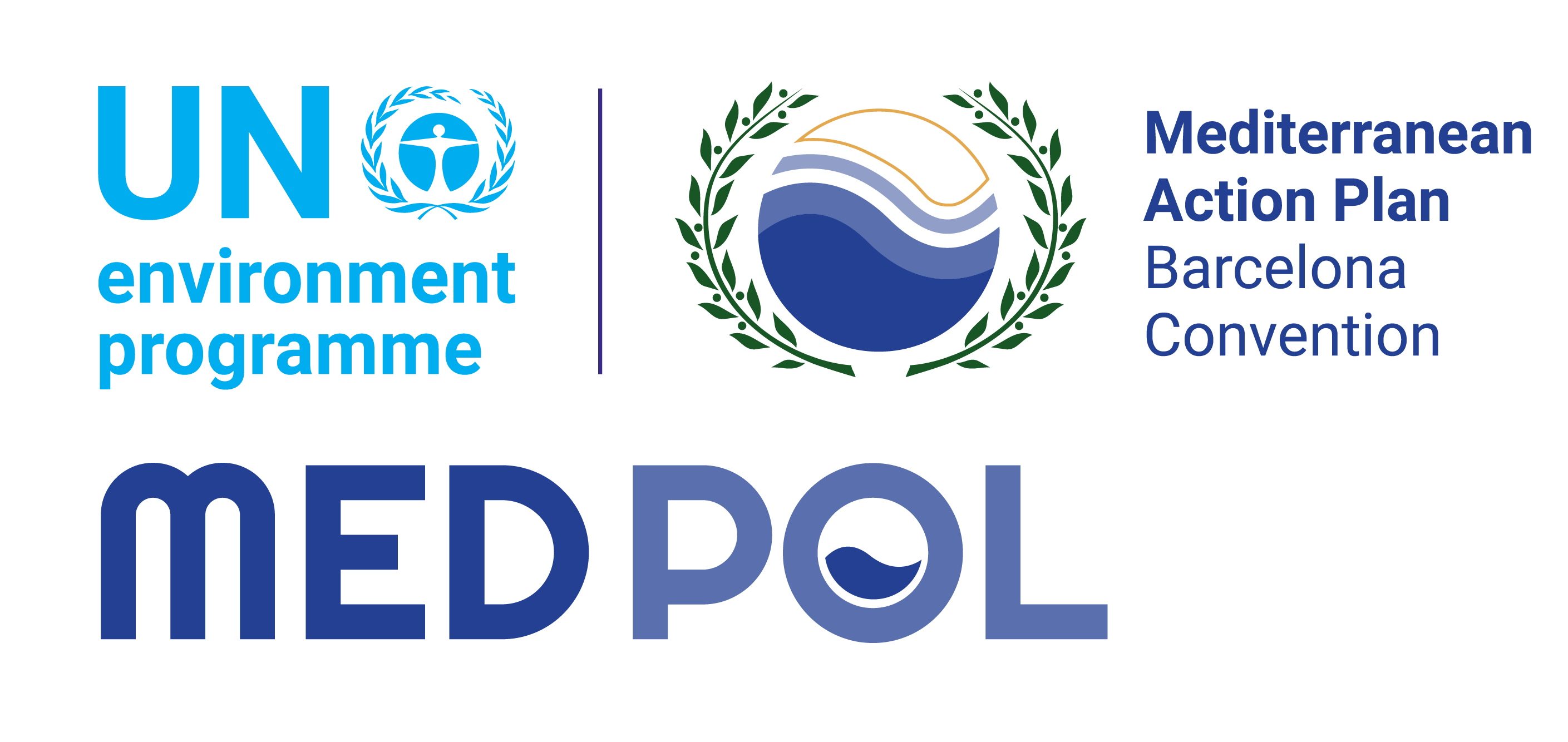GEF Focal Areas
Chemicals and Waste
International Waters
Rationale
CONTACTS
UNEP/MAP
Mr. Mohamad Kayyal, MedProgramme Management Officer
E-mail: mohamad.kayyal@un.org
Mr. Ertan Ozturk, Programme Management Officer
E-mail: ertan.ozturk@un.org
EIB
Ms. Camilla Gino, Strategy and Partnership Division
Email: camilla.gino@eib.org
With a typical tidal range of less than 50 cm, the Mediterranean Sea is microtidal. This reduces the potential for dilution and dispersion of dissolved and particulate wastes. One the other hand, the discharge of untreated municipal wastewater in coastal areas or rivers flowing into the Mediterranean Sea remains a major environmental issue in most southern and eastern Mediterranean countries and this constitutes one of the key environmental challenges. Municipal wastewater carries high loads of nutrients, pathogens and microorganisms posing direct or indirect risks to human health and well-being. In cities with intense industrial activity, municipal wastewater discharged directly into public sewerage systems generally contains a variety of chemical wastes. The provision of wastewater treatment varies across the region, but in many cases treatment plants are absent or do not function optimally.
Child Project 1.2 contributes to the MedProgramme Component on Reduction of Land-Based Pollution in Priority Coastal Hotspots and measuring progress to impacts. It focuses on generating innovative investments in Mediterranean coastal areas at risk of groundwater over-exploitation, loss of coastal habitats and eutrophication, promote infrastructure improvement there by contributing to the supply of reliable sources of water for agriculture and forestry. GEF funding will support the selection and design of the investments, and the capacity building related to them. The investments at national level will focus on WWTP Extension and upgrade including treated wastewater reuse/reinjection and depollution catchment area to improve the human and environmental and health situation and reduce the contaminants loads entering the Mediterranean Sea.

Components and Outcomes
National actions Nutrient reduction investments in coastal hotspots:
This component focuses on enabling investments in pollution reduction from domestic wastewater targeting recognized pollution hotspots in Lebanon, Egypt and Tunisia by producing high level preparatory studies for future investment projects.
Regional Actions - Harmonization of relevant standards:
Under this component specific activities are conducted to harmonize and upgrade the existing standards or develop new ones for sectors and activities causing significant pressures on marine and coastal environments in the Mediterranean i.e., wastewater treatment, sludge management, desalination, and aquaculture.
Involved Countries














